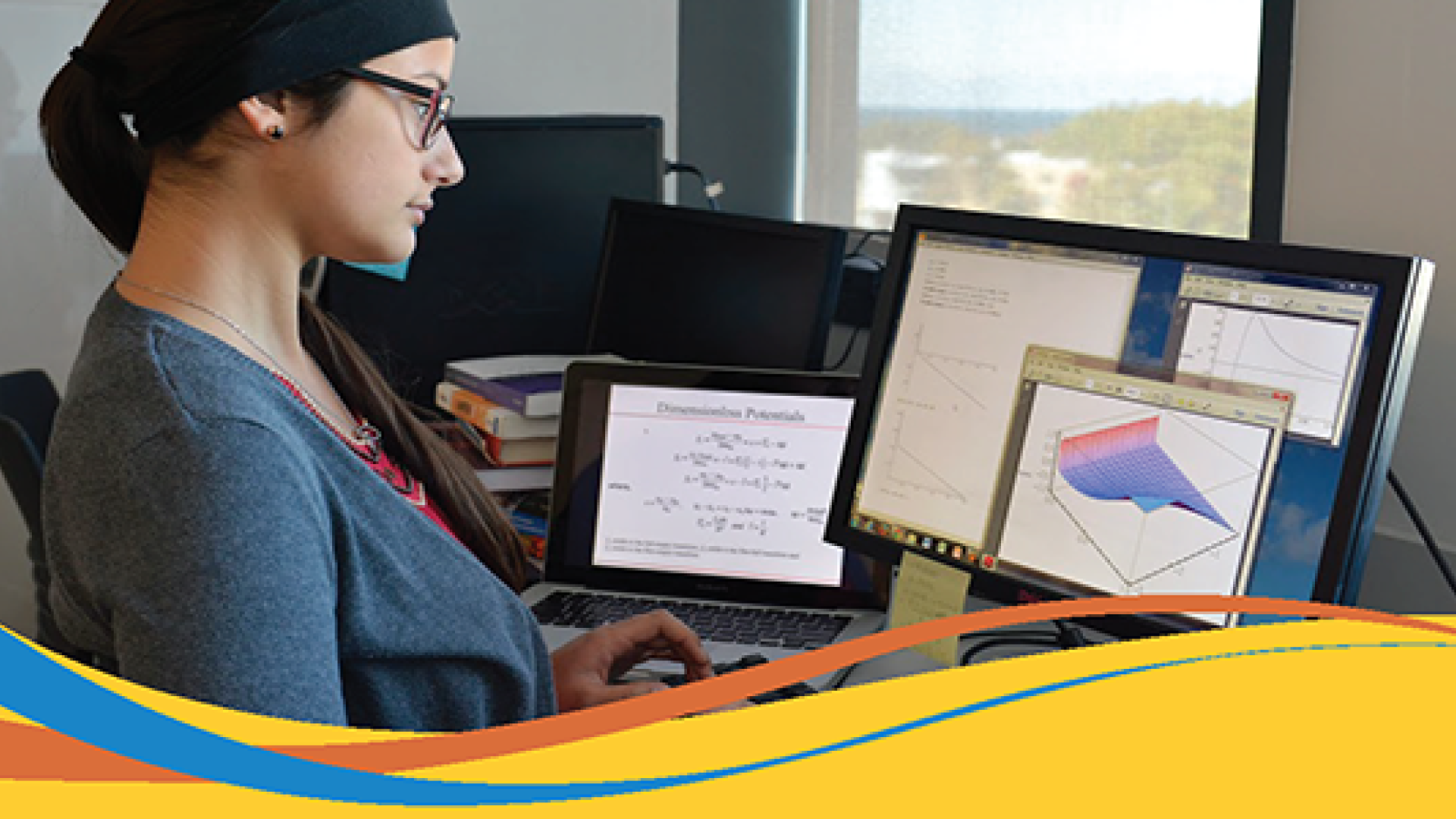Student Office of Research and Creative Activities (Student ORCA) helps students engage in scholarly and creative activities (SCA) by organizing SCA events and providing guidance to obtain funding for the completion of projects and activities.
Scholarly and creative activities (SCA) include, but are not limited to:
- Investigating a historic event
- Composing or arranging music
- Designing a computer program or creating a website for a special purpose or group
- Creating a sculpture or painting
- Planning and implementing an experiment in a science laboratory
- Working on a study outdoors
- Developing a marketing or management plan for a local organization
- Gathering data on people’s experiences or opinions
Student ORCA runs three annual SCA events: Quest, Summer Scholars' Mixer, and the Fall SCA Poster Symposium. ORCA also advises students on how to obtain funding for the completion of projects and activities and for travel to present the results of their SCA.
Upcoming event:
Oswego Fall Poster Symposium will take place on Friday, Sept 12th, from 2 to 3 PM in the Shineman Atrium and the corridor connecting it to Park. All faculty and students are welcome to present their scholarly and creative work.
